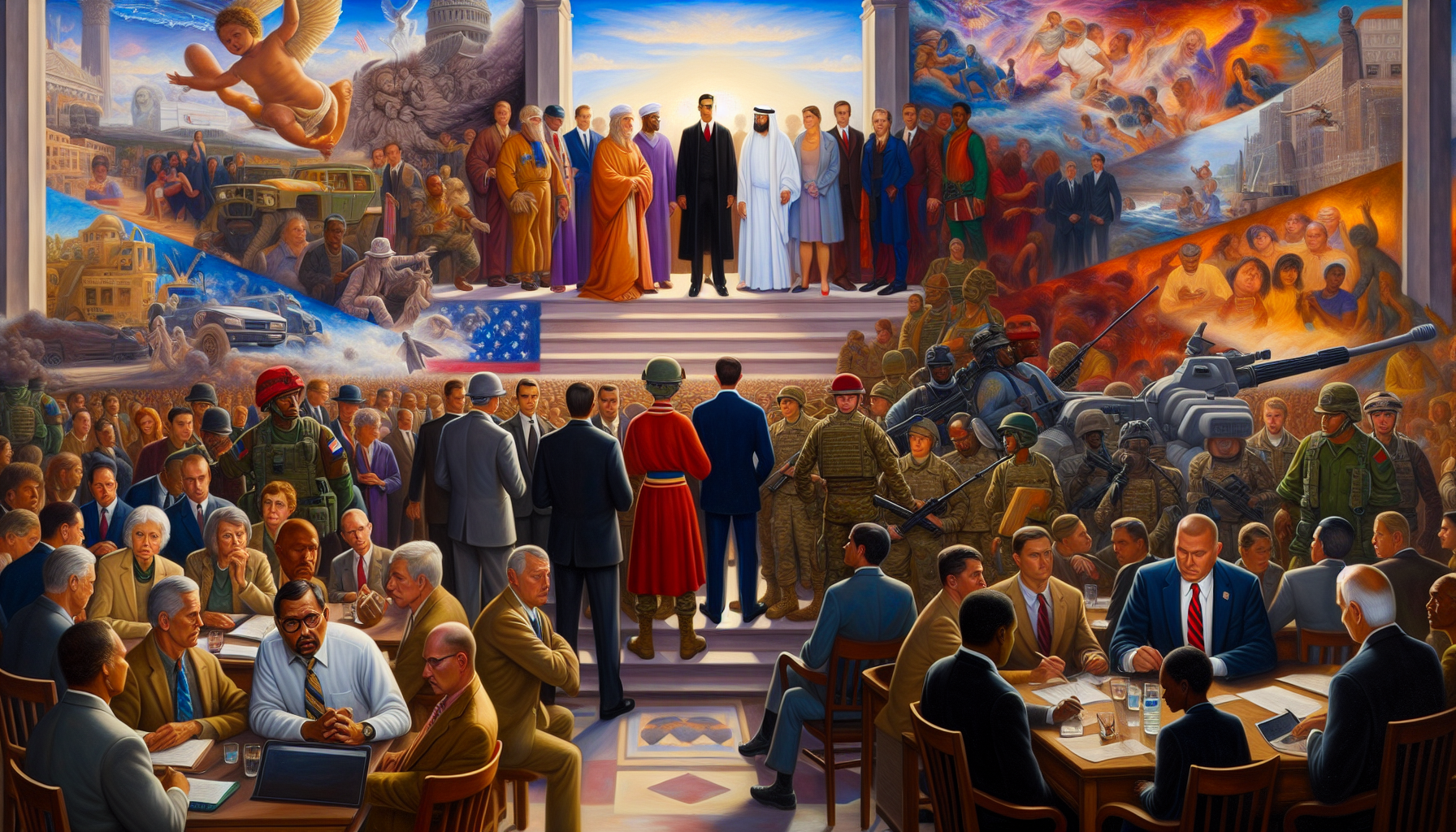The Big Picture |
|
The recent developments in the U.S. government reflect a significant interplay between domestic policy and international relations. President Trump’s nominations for key government positions, including the Assistant Secretary of the Army, aim to strengthen leadership within agencies that directly influence national security and labor policies. This is particularly relevant as the Supreme Court hears the Fuld v. Palestine Liberation Organization case, which could redefine how the U.S. engages with foreign entities accused of terrorism. The outcome of this case may impact the government’s approach to accountability for international actions, affecting both domestic safety and international diplomacy.
|
|
In the economic landscape, the Bureau of Labor Statistics reported a decline in job openings, with 7.6 million available in February 2025, down by 877,000 from the previous year. This stagnation in job growth, coupled with a consistent number of people leaving their jobs, indicates a tightening labor market that could influence wage growth and overall economic stability. As these developments unfold, they highlight the interconnectedness of government appointments, judicial decisions, and economic conditions, suggesting a need for cohesive policy responses that address both domestic job security and international accountability.
|
Pattern to Watch |
|
A notable trend is emerging in the job market, characterized by a decline in job openings and a steady rate of employee turnover. The drop of 877,000 job openings from the previous year, alongside 5.4 million hires and 5.3 million separations, suggests a potential slowdown in economic growth and job creation. This pattern could lead to increased competition for available positions, impacting wages and job security for workers. Continued monitoring of job openings and hiring rates in the coming months will be crucial to understanding the trajectory of the labor market and its implications for economic policy.
|
|
|

